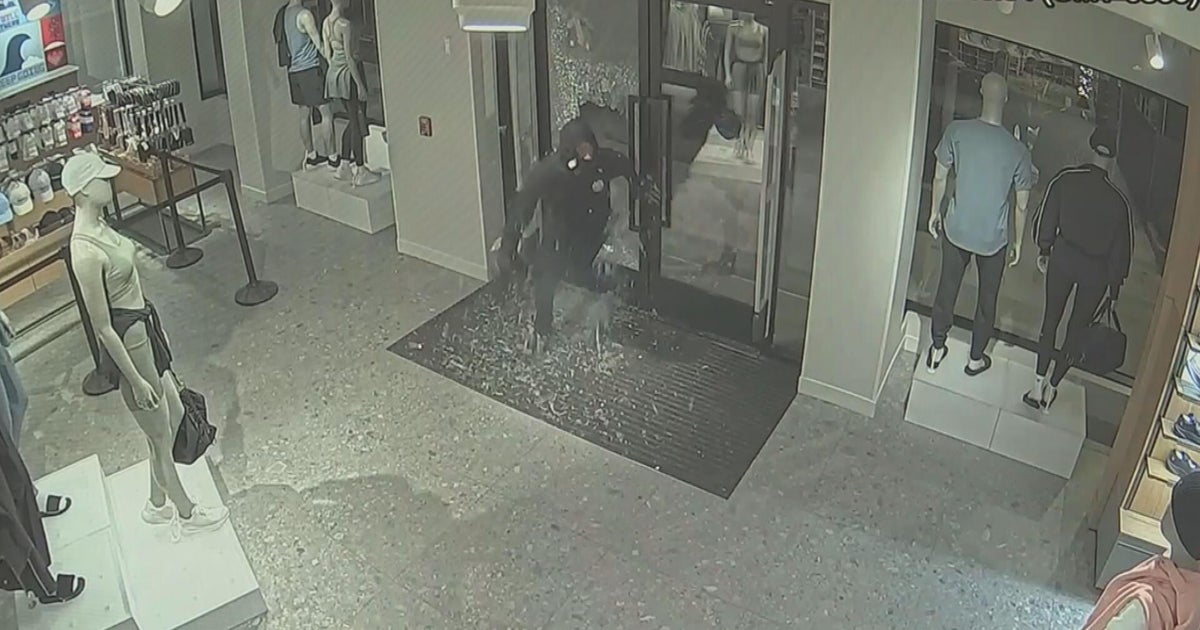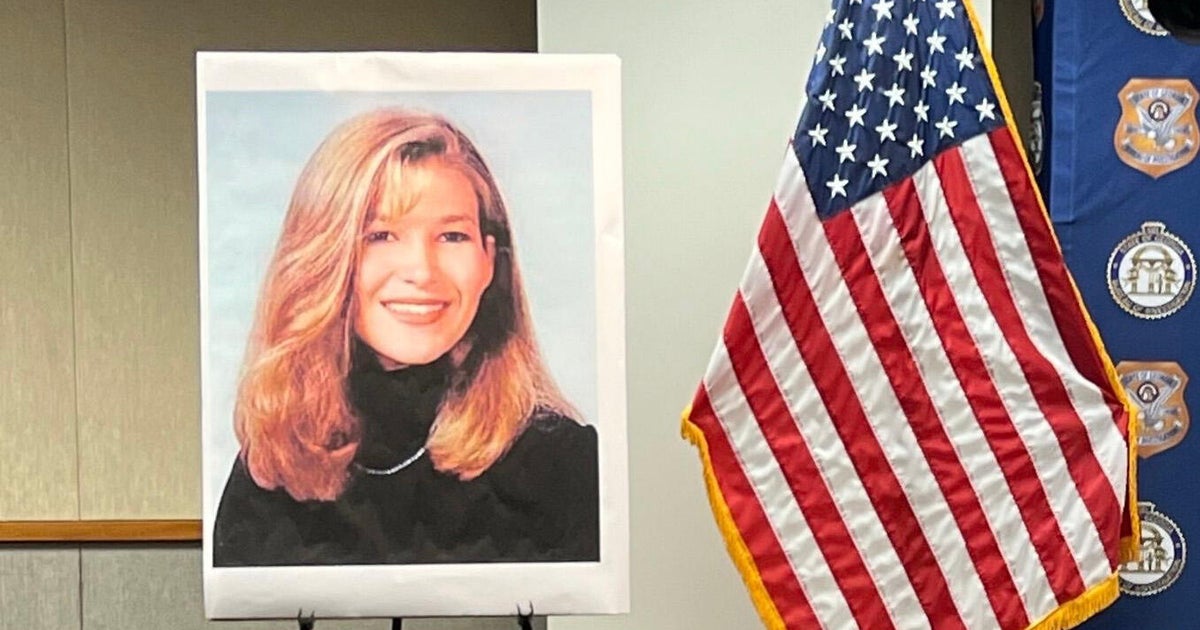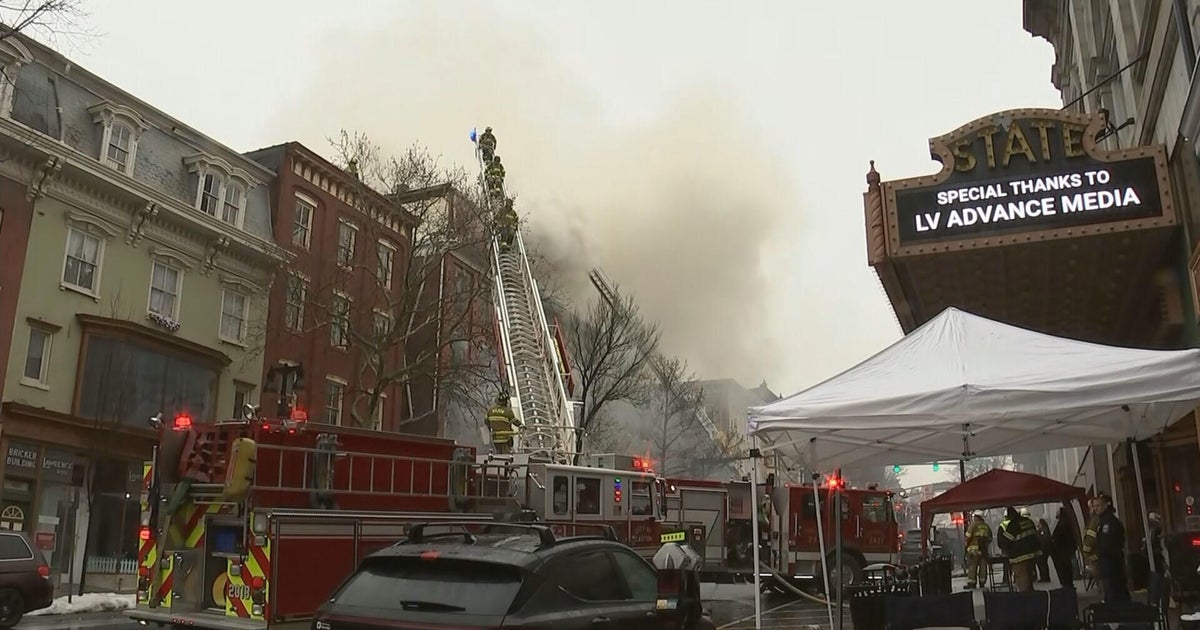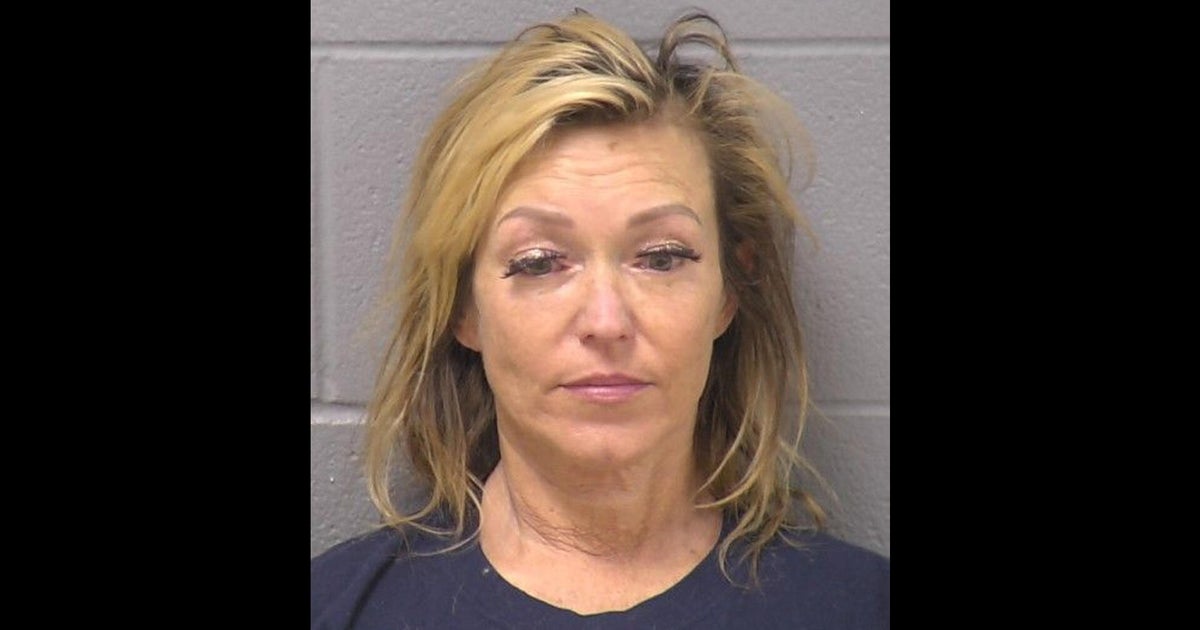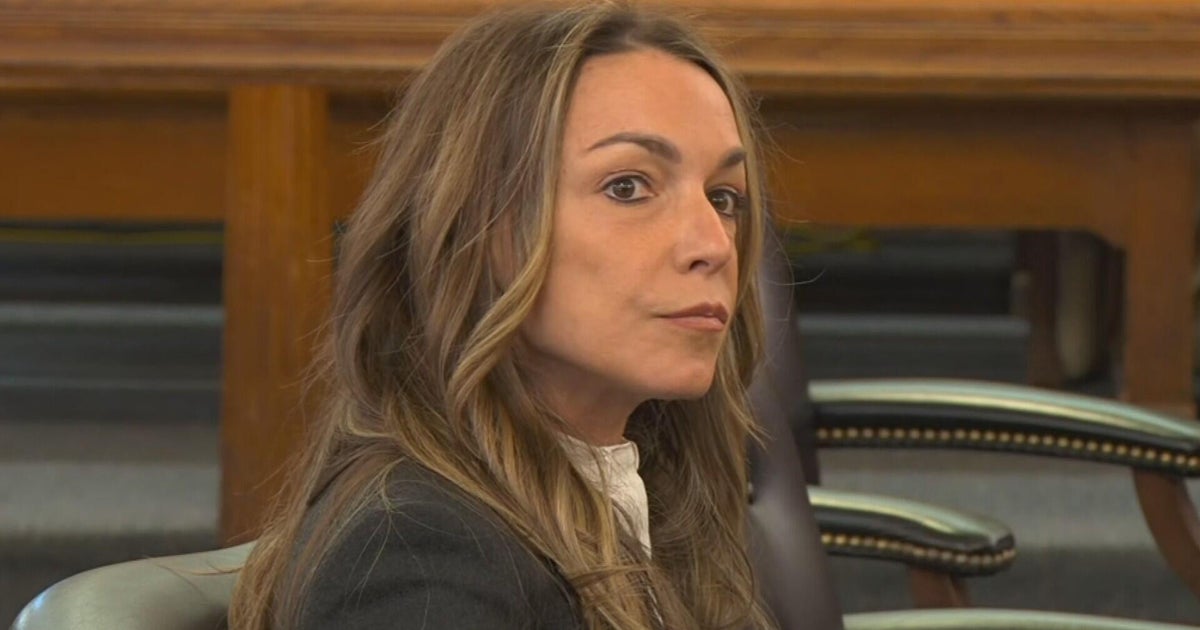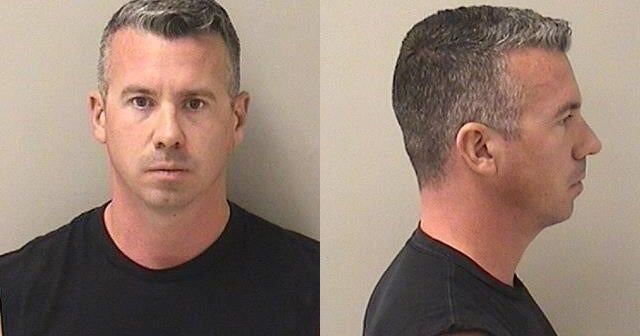Main Cosby Accuser Takes Stand, Says She Was Too Weak To 'Fight Him Off'
Follow KDKA-TV: Facebook | Twitter
NORRISTOWN, Pa. (AP) -- Bill Cosby's chief accuser took the witness stand for the second time Friday to tell a story of molestation and broken trust, describing for jurors how the famous comedian knocked her out with three blue pills and then sexually assaulted her at his suburban Philadelphia home.
"I was weak. I was limp, and I just could not fight him off," said Andrea Constand, who found herself in the same cavernous courtroom less than a year after a jury was unable to reach a verdict on charges against Cosby.
Her harrowing account of the events in 2004 was remarkably similar to the one she gave at last year's trial in suburban Philadelphia, and jurors watched intently and scribbled notes as she described how Cosby — the good-guy celebrity she viewed as a mentor and friend — had betrayed her.
"Ms. Constand, why are you here?" prosecutor Kristen Feden asked.
"For justice," Constand said.
The defense has blasted Constand as a "con artist" who leveled false accusations against the star as part of a scheme to get money from him.
During cross-examination Friday, Cosby lawyer Tom Mesereau went through a thick binder of Constand's police statements and prior testimony as he tried to poke holes in her story. But the jury heard only minor discrepancies between what she said in the past and her account on the witness stand.
On the witness stand, Bill Cosby's chief accuser Andrea Constand says she wants justice https://t.co/qGfefPDcVt pic.twitter.com/eIt8uMH7HR
— CBS News (@CBSNews) April 13, 2018
And, after telling jurors in his opening statement that Constand had operated a Ponzi scheme while running women's basketball operations at Temple University, Mesereau's evidence was a cut-and-paste email that Constand sent for a friend years ago and testified she barely remembered.
The defense was expected to continue its cross-examination on Monday.
Under questioning by the prosecution, Constand said Cosby offered her pills and a sip of wine after she said she was "stressed" about telling the Temple basketball coach of her plans to leave to study massage therapy in her native Canada. She said Cosby, a Temple alum and powerful trustee, called the pills "your friends" and told her they would "help take the edge off."
Instead, Constand said, the pills instead made her black out. She awoke to find the actor known as "America's Dad" penetrating her with his fingers, touching her breast and putting her hand on his penis.
She said she wanted Cosby to stop but couldn't say anything. She tried moving her arms and legs but couldn't do that either.
Constand said she awoke between 4 and 5 a.m. to find her bra up around her neck and her pants half unzipped. She said Cosby stopped her as she went to leave: "All he said was there's a muffin and tea on the table and then, 'All right' and then I left."
Afterward, Constand said, "I was really humiliated. I was in shock. And I was really confused."
The now 80-year-old entertainer has said he gave Constand the cold medicine Benadryl and that she consented to a sexual encounter.
Constand testified she decided to report the assault to police in January 2005, about a year later, jarred to action by a nightmare and an increasing awareness of consent issues from her ongoing massage therapy training.
"I didn't want it to happen to anybody else, what had happened to me," she said.
She said she was "very scared" about going to police because "he was a Temple trustee. A very powerful man. An entertainer. A very famous person."
Constand's allegation is the only one among dozens against Cosby that has led to criminal charges. If convicted, the former TV star best known for his No. 1 family sitcom "The Cosby Show" faces up to 10 years in prison on each of three related aggravated indecent assault charges.
A jury deadlocked after last year's trial, unable to reach a verdict after more than 52 hours of deliberations over six days.
For this trial, prosecutors had the strategic advantage of putting Constand on the witness stand after a parade of other accusers who told jurors that Cosby had used the same tactics on them: preying on women who saw him as a mentor, debilitating them with pills or alcohol and then violating them when they were unable to fight back. Just one other accuser was permitted to testify at the first trial.
The defense has called the other accusers irrelevant, urging jurors to focus only on the charges that Cosby is facing.
Mesereau, best known for winning an acquittal in Michael Jackson's 2005 child molestation case, told jurors in his opening statement that Constand was a pauper who stiffed roommates on bills and racked up big credit card debt until she "hit the jackpot" in 2006, when Cosby paid her $3.4 million to settle her civil lawsuit over the assault allegation.
Cosby's lawyers say Constand outlined her get-rich scheme to a Temple colleague, Marguerite Jackson. The defense plans to call Jackson as a witness and says she will testify that Constand mused about framing a celebrity before she lodged sexual abuse allegations against Cosby in 2005.
Jackson, a longtime Temple official, has said that she and Constand worked closely together, had been friends and had shared hotel rooms several times. She has said Constand once commented to her about setting up a "high-profile person" and filing suit.
Constand testified Friday she remembers having a hotel room to herself at Temple's away basketball games and did not recall ever rooming with Jackson.
She told the jury she had nothing to gain financially by wanting Cosby locked up, saying "there is no upside" to her testimony. She said she was hesitant to get involved when prosecutors reopened the criminal investigation in 2015, saying she feared a flood of media attention and pain for her loved ones but decided to cooperate because it was the "right thing to do."
"This was a matter that was tugging at my heart, because I had moved on and I had healed an old wound and now I could slowly feel this wound opening up again," she said.
The AP does not typically identify people who say they are victims of sexual assault unless they grant permission, which Constand and the other women have done.
(© Copyright 2018 The Associated Press. All Rights Reserved. This material may not be published, broadcast, rewritten or redistributed.)
